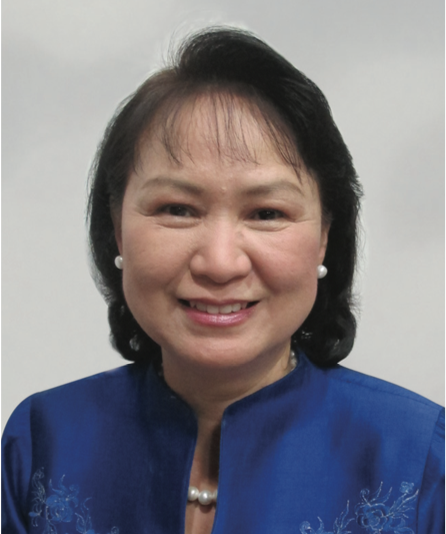Using the PROMISe Model for Health Behavior Changes of participants in Weight and Disease Reduction Programs
Main Article Content
Abstract
OBJECTIVE. 1. To study the benefits of using the PROMISe model to work towards sustainable “3-Self” Health behavior changes (selfefficacy, self-regulation and self-care) in a Weight and Disease Reduction program conducted at Lerdsin Hospital. 2. To study the relationship between the 6 factors of the PROMISe model (P = Positive reinforcement, R = Results based management, O = Optimism, M = Motivation, I = Individual or Client Centered and Se = Self-esteem) and the 3-Self Health Behaviors Changes in 3 areas, namely Dieting, Exercising, and Emotional control.
MATERIALS AND METHODS. This was a Cross-sectional study. The research was divided into two parts. Total of 302 people participated in the first part of this research and 173 people participated in the second part. The data used for descriptive statistical analysis came from program evaluations, health examination reports, and questionnaires completed by all participants in both phases.
RESULTS. The results showed the relationship between the 3-Self health behaviors, BMI value and satisfaction after finishing the program and 6 months later. The PROMISe model did indeed influence the sustainability of the 3-Health Behavior changes, and subsequent weight loss. The most influential factors of the PROMISe model were result-based management, positive reinforcement, and optimism.
Article Details

This work is licensed under a Creative Commons Attribution-NonCommercial-NoDerivatives 4.0 International License.
This is an open access article distributed under the terms of the Creative Commons Attribution Licence, which permits unrestricted use, distribution, and reproduction in any medium, provided the original work is properly cited.
References
2. WHO. WHO Expert Committee on Nursing practice: Report of a WHO Expert Committee. WHO technical report series 860. Geneva: World Health Organization 1996.
3. Orem DE. Nursing: Concepts of Practice (2nd ed). New York: McGraw-Hill 1980.
4. Orem DE. Nursing: Concepts of Practice (4th ed). St. Louis: Mosby 1991.
5. Orem DE. Nursing: Concepts of Practice (5th ed). St. Louis: Mosby 1995.
6. Pender NJ. Health Promotion in Nursing Practice (2nd ed). Stamford, Connecticut: Norwalk: Appleton&Lange 1987.
7. Intarakamhang U. 3 Self health behavioral modification based on PROMISe Model. Bangkok: Sukkhumvit Printing LTD., PART 2009.
8. WHO/IASO/IOTF. The Asia-Pacific perspective: redefining obesity and its treatment. Health Communication Australia: Melbourne. ISBN 0-9577082-1-1. 2000.
9. Layanun P. The Development of a Health Promotion Management System in the Workplace for the Garment Industry in Bangkok Metropolis. A dissertation submitted in partial fulfillment of the requirement for the degree of Doctor of Public Health Faculty of Graduate studies Mahidol University 2001.
10. http://www.fao.org/Participation/ft_more.jsp?ID=7343
11. Tanphaichitr V and Leelahagul P. Clinical needs and opportunities in assessing body composition. Asia Pacific Journal of Clinical Nutrition 1995;4:23-4.
12. The Bureau of Policy and Strategy. Health Policy in Thailand 2009. Bangkok: Ministry of Public Health Thailand 2009.
13. Prochaska JO, Diclemente CC. Stages and processes of self change of smoking : Toward an integrative model of change. J Consult Clin Psychol 1983;51:390-5.


